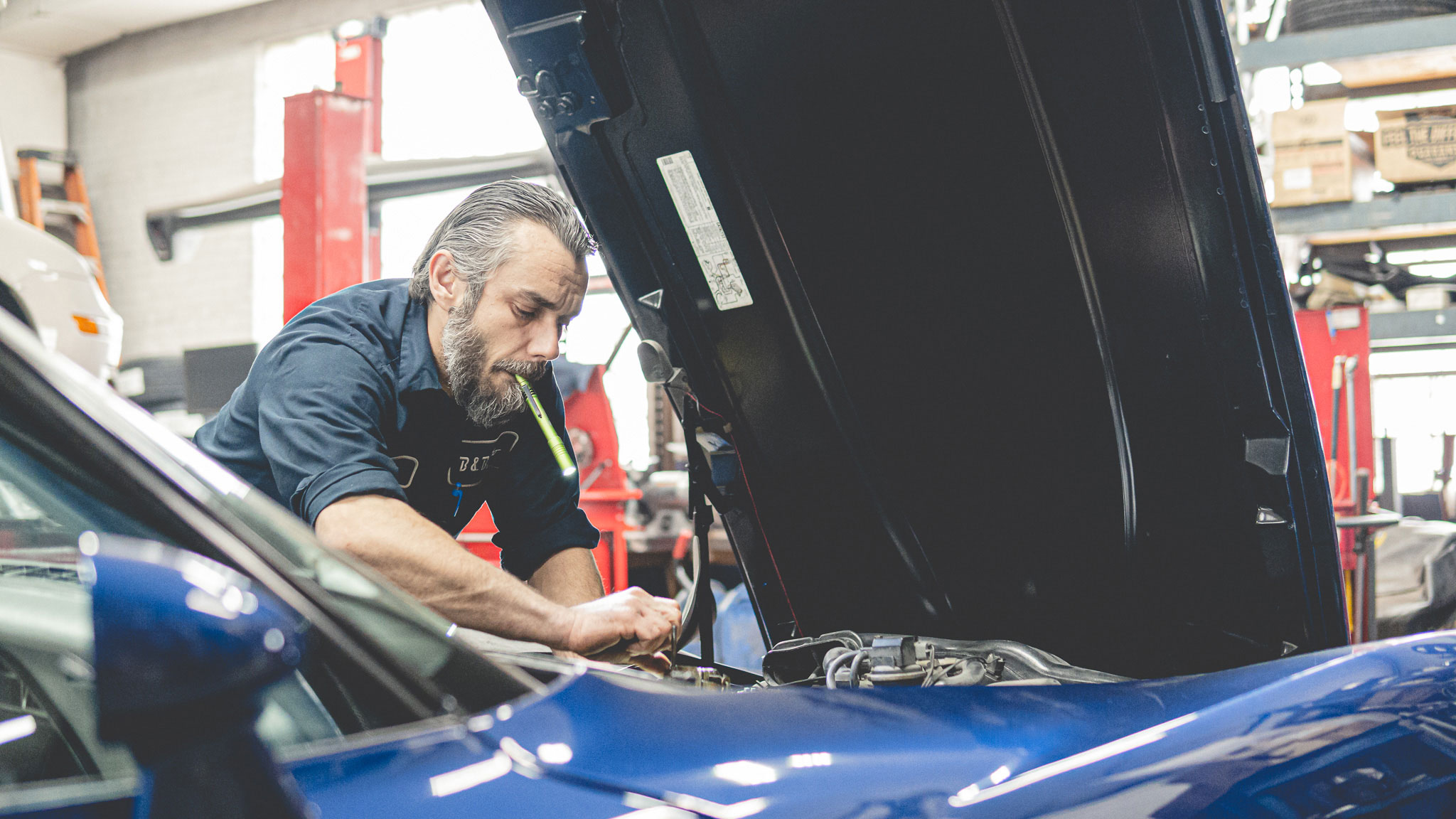All Categories
Featured

In today's cars, electrical systems are important to virtually every facet of the driving experience. From powering lights and infotainment systems to managing advanced vehicle driver help modern technologies, electric troubles can considerably impact vehicle performance. Auto repair work stores make use of different diagnostic techniques to swiftly and precisely determine concerns with these systems. Here's a deeper check out exactly how contemporary car fixing stores detect electrical issues.
- Making Use Of OBD-II Scanners for First Diagnosis. When identifying electric concerns is the OBD-II (On-Board Diagnostics) scanner, one of the very first devices service technicians use. This tool connects to a vehicle's computer system via a basic diagnostic port. It reads and retrieves trouble codes generated by the vehicle's onboard computer system, which monitors multiple electrical elements like the alternator, sensors, and electrical wiring.
These analysis difficulty codes (DTCs) give a clear indication of where the electrical trouble could be. As an example, a code showing a malfunctioning sensor can help specialists focus on certain elements, such as the oxygen sensor or wheel rate sensing units, without needing to inspect the entire automobile. This device accelerate the diagnosis and aids technicians determine the issue better.
- Aesthetic Assessments for Obvious Issues. After scanning for codes, a service technician will execute an aesthetic assessment of the automobile's electrical parts. Specialists look for loosened links, torn cords, and any kind of indications of corrosion, as these are typical perpetrators of electric breakdowns.
Relays and fuses are also evaluated because a blown fuse can avoid a system from working appropriately. It's usually a sign of an underlying electrical problem that needs more examination. if a fuse is found to be blown.
- Battery and Billing System Examinations. The battery and billing system are central to the vehicle's electric functionality, and failings in these areas can lead to a selection of troubles. Technicians utilize a multimeter to measure the battery's voltage.
If the battery or alternator is malfunctioning, it can trigger electrical failures in other systems. For instance, a failing alternator may not offer sufficient power to the engine control modules, resulting in erratic behavior or delaying. Service technicians will certainly fix the generator or replace or battery as needed.
- Circuit Testing for Power Circulation Problems. Electrical problems in cars commonly stem from issues within the circuits that power various components. Circuit screening aids technicians recognize whether electric signals are being transferred appropriately through electrical wiring and adapters.
For instance, if the headlights are malfunctioning, professionals can evaluate the circuit providing power to the headlights and map the issue back to a damaged wire, a negative link, or a malfunctioning button. This method permits more precise medical diagnosis and fixing.
- Looking for Software or Control Component Issues. Modern vehicles rely heavily on software application and control modules to take care of different electrical systems, consisting of engine administration, security features, and infomercial systems. It can be connected to software or firmware pests if there's a concern with a specific system. Vehicle service center usually have the capability to look for and deal with software-related problems.

Utilizing manufacturer-specific diagnostic tools, service technicians can check for software updates, execute resets, or reprogram control modules to deal with the concern. As an example, if a car's flexible cruise ship control system isn't functioning, it could be because of a software glitch that requires an upgrade as opposed to an equipment failing.
- Advanced Screening for Hybrid and Electric Autos. For hybrid and electrical vehicles, electric diagnostics require specialized tools because of the complexity of their high-voltage systems. These automobiles are equipped with powerful battery systems and electrical drive electric motors, and fixing these components calls for high-level knowledge. Service technicians use customized devices to securely test the high-voltage battery, inverter, and electrical motors. These devices can examine the battery's state of cost, voltage levels, and performance.
Furthermore, hybrid and electrical cars typically have one-of-a-kind concerns connected to power regrowth systems, charging components, or the interplay in between the electrical motor and internal combustion engine. Technicians learnt crossbreed and electrical automobile systems make use of advanced analysis devices to deal with these issues.
Final thought. Detecting electrical problems in modern cars is a multi-step process that calls for a combination of state-of-the-art diagnostic tools, hands-on inspections, and specialized expertise. Car service center have the expertise to quickly identify troubles ranging from straightforward fuse problems to complicated software problems or hybrid system failures. By utilizing OBD-II scanners, performing visual examinations, testing batteries, and running advanced diagnostics, specialists guarantee that electrical problems are pinpointed and fixed, permitting your car to run smoothly and safely. Make certain to visit a knowledgeable automobile repair work store that can manage these contemporary obstacles. if you're experiencing electric problems.
Latest Posts
Washington Fence: Your Destination for Superior Fences
Published Dec 23, 24
1 min read
Create a Safe and Beautiful Boundary with Washington Fence
Published Dec 23, 24
1 min read
How Cataracts Impact Your Vision and Daily Life
Published Dec 23, 24
1 min read